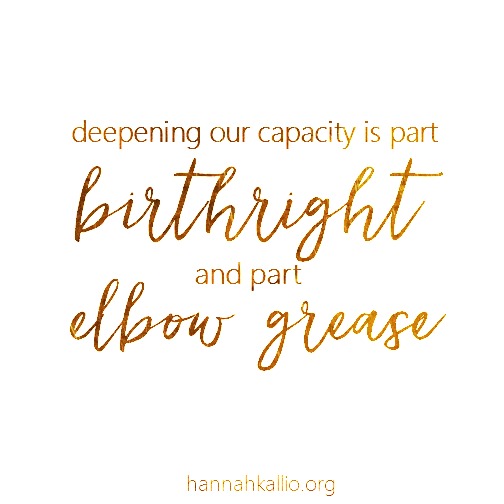Come with me to the Negev desert to visit a relative of mine. Issac has just inherited all of his father’s wealth. He’s heir to a blessing that extends across continents and across generations. Still, it’s a tenuous inheritance, and all the promises hang by a thread. That thread is water. If there’s no water, the flocks and herds, and the people who depend on them, will die.
Abraham already dealt with this problem during his lifetime. Years ago, his servants dug several wells to provide water for their tribe. In a spiteful and short-sited move, rival chieftains covered them over after his death.
Isaac’s first task is to uncover the well Abraham dug. It’s tempting to imagine this being something like digging a hole in the sandbox. But wells in the Ancient Near East are impressive, elaborate structures, and Isaac has his work cut out for him.
His father’s well isn’t enough for the growing tribe, so Isaac digs another. This one becomes a source of conflict with the neighboring herdsmen. He digs another. And another. Finally he digs a well that remains. In fact, it lasts beyond his lifetime.
Over the centuries that follow, the settlement that springs up around that last well grows. They deepen the well, and dig a cistern to store more water. Many years after Isaac, we visit this well, and I hear my son’s laughter ricochet off those cistern walls and ripple through those depths.
But it wasn’t until recently that this turning point in Isaac’s life leapt off the pages of the Torah for me. I’ve been in a season of scraping. I’ve reached the bottom of my well, and there’s nothing left. My prayers these days have been mostly sighs and groans. Sometimes I didn’t know why I bothered to haul myself out of bed everyday. I felt like a rag that’s been wrung, and wrung, and wrung out.
Then I began to think about where we’ve been, and our options going forward. I wouldn’t have even considered them in my twenties. As much as I wanted to be tested and proven, in my thirties I still didn’t have the capacity to face what we’re facing now. With my 40th birthday and over 20 years of shoveling behind me, here’s what I know:
Dry feels dry.
Whether you’re thirsty because there’s no well, or because you’re deepening your well, it feels the same.
As painful as it is to feel this dry when you’ve invested so much in digging a deeper well, it’s not as painful as having no well, no capacity.
We can’t earn our inheritance. And we can’t control the when or the how much of watering the parched places in our lives.
Capacity? That’s another story. We can direct the flow of the rain that does fall. And we can dig. Deeper, and deeper still. We can enlarge those hollow places deep down, those places that God promises to fill.
This is our work as heirs of the kingdom. Restoring and deepening our capacity is the foundation for everything else we do. Capacity is a both/and proposition. God did the digging, and we do too. It’s part birthright, part elbow grease. And it’s not just to recover what’s been lost. We each have our own digging to do; for ourselves, and for everyone who comes after us.
 Like Issac, I’ve noticed that the deeper you dig, the more likely you are to hit on a source of conflict. Capacity is a contentious thing. The deeper you are, the greater the threat you pose.
Like Issac, I’ve noticed that the deeper you dig, the more likely you are to hit on a source of conflict. Capacity is a contentious thing. The deeper you are, the greater the threat you pose.
That’s just part of the stinging irony of this work. You don’t really know your capacity until you’re at the end of it. You don’t know you need a deeper well until you scrape the bottom of the well you have.
Thirst keeps you scraping until your laughter ricochets off the walls and and ripples through the depths.
Investing in capacity isn’t sexy.
It’s all below ground.
It’s easy to take for granted.
Yet all the promises to every generation after you hang by this thread.
Uncovering what God has already done for you isn’t enough.
Dig your own well, and dig it deep.
Because here’s the other thing I know. I have seen this, and tasted it.
The water’s there below the surface. And the rain is coming.
Many will drink from your well, and deepen it, and live.

